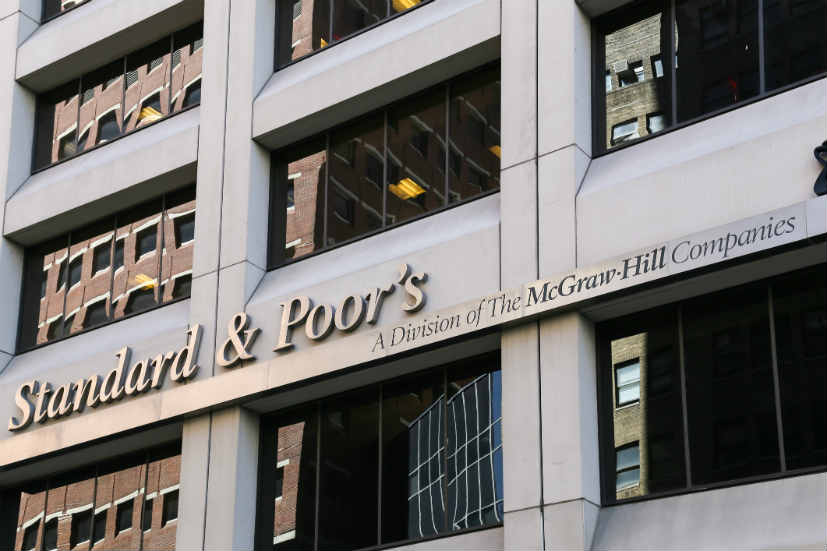Standardisation and financial technology could help accelerate the industry’s growth in the short to medium term. In particular, standard Sharia interpretation and legal documentation could simplify sukuk issuance, while making room for innovation. Fintech, on the other hand, could stimulate growth by making transactions quicker and easier.
However, fintech could also disrupt the market. “In the medium term, we envisage some disruption in the payment services sector, an increase in the number of people using financial services, as well as greater use of regulatory technology for Sharia compliance, and blockchain to support transaction traceability and identity protection,” said S&P Global Head of Islamic Finance, Dr Mohamed Damak.
“We expect the Islamic finance industry will grow by only about 5 percent on average over the next two years, owing to tepid economic conditions in certain core markets,” added Dr Damak.
Only a marginal influence of fintech will be foreseen on Islamic bank ratings over that period. However, S&P considers that Islamic banks will be able to adapt to their changing operating environment through a combination of collaboration with fintech companies and cost-reduction measures. They also believe that regulators across the wider Islamic finance landscape will continue to protect the financial stability of their banking systems.

